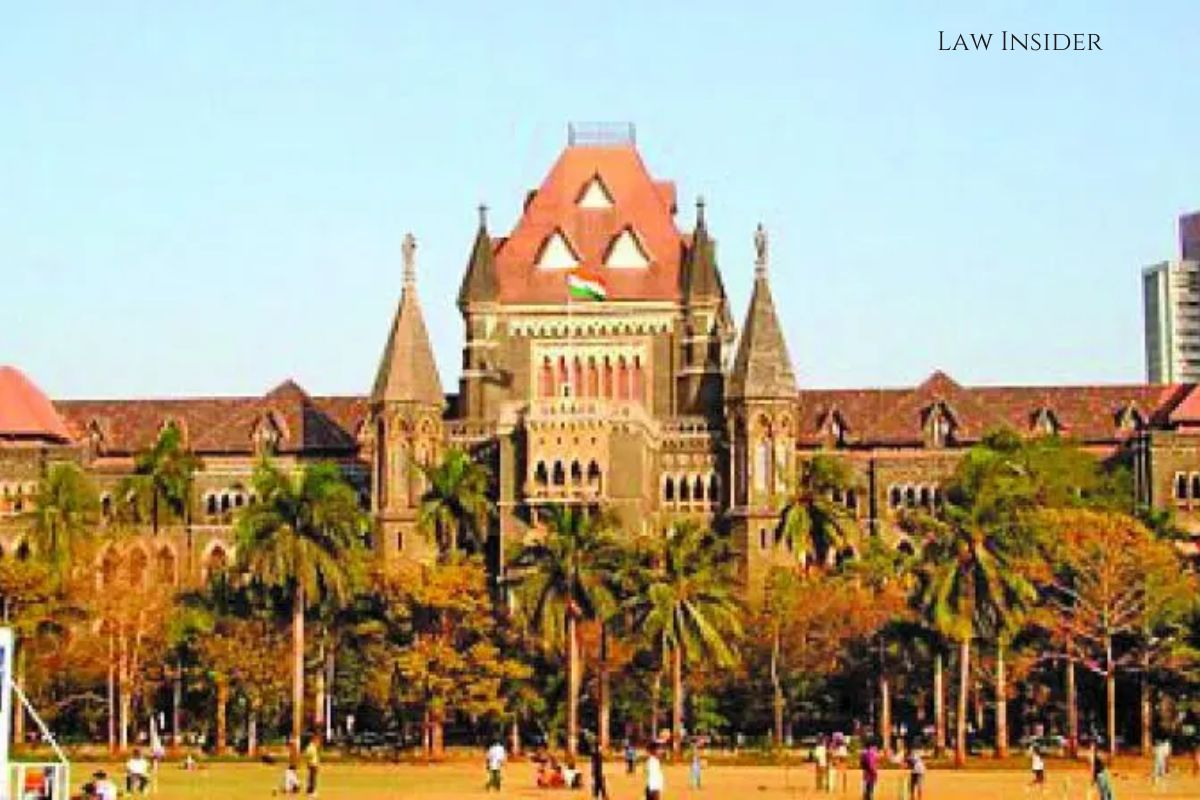Sakina Tashrifwala
Published on: October 31, 2022 at 19:12 IST
The Bombay High Court recently affirmed a Senior Citizens Welfare Tribunal (tribunal) judgment compelling a man to pay monthly maintenance and pass over ownership of a flat to his 88-year-old mother.
In a writ petition appealing the tribunal’s order, the court ruled that the petitioners had no legal claim to the flat and could not evict the mother in order to take exclusive advantage of it.
However, the division bench of Justices SV Gangapurwala and RN Laddha lowered the maintenance amount since it did not comply with Section 9(2) of the Maintenance and Welfare of Parents and Senior Citizens Act, 2007.
Gamanlal Mehta and his wife Manjulaben Mehta bought the flat (respondent). The flat was transferred to the respondent after his death. She filed a case with the tribunal, requesting that her son and his wife (the petitioners) be evicted from the flat.
She also demanded Rs. 1.32 crore in interest for a loan she and her late husband allegedly made to the petitioners.
The panel ordered the petitioners to vacate the flat and pay her Rs. 25,000 in monthly maintenance. As a result, the petitioners turned to the High Court.
According to the petitioners’ lawyer, Pradeep Thorat, the mother is not the sole owner of the flat. Her son is entitled to one-tenth of her portion. The property has been amalgamated with three adjacent flats held by the applicants.
Furthermore, the tribunal did not follow the summary procedure as required by Sections 5(3), 6 and 8 of the 2007 Act.
Furthermore, Rules 7 and 13 of the 2007 Act’s Rules were not observed.
Thorat further claimed that the tribunal lacked authority to grant maintenance because it could only grant a maximum of Rs. 10,000.
Furthermore, the original complaint sought eviction of the petitioners and restitution of the purported loan amount rather than support.
Thorat claimed that arbitration proceedings between the parties are ongoing and that the petitioners are entitled to a neighbouring unit under the Family Arrangement dated August 26, 2009.
For the respondent-mother, Advocate Dinesh Purandare stated that the petitioners did not allow her to close connecting doors with the other flats. The petitioners are continually pressuring her to leave the flat.
They also made her sign over the other two apartments to them.
Furthermore, the petitioners do not pay her for maintenance or medical treatment, and they are unwilling to repay the loan amount given to them by her and her husband, according to his submission.
The court stated that this is not a summary case and that no oral evidence is required because it is clearly documented that the respondent-mother owns the flat and the son has never objected to this.
Section 8 of the 2007 Act requires that the procedure be followed. The court noted that the respondent-mother had filed a complaint against the petitioners at the police station.
The petitioners have alternative flats where they can live after leaving the mother’s flat, according to the court.
The Family Settlement Deed stated that Gamanlal Mehta’s whole estate would be handed to his widow as her absolute possession. The court found no evidence on record that the petitioners have independent title to the flat.
As a result, the court upheld the tribunal’s judgment directing the petitioners to evacuate the flat.
“In fact, the petitioners should have permitted the mother-respondent to dwell in the aforementioned flat with honour,” the court concluded.
In her complaint to the tribunal, the respondent-mother claimed that she is unable to care for herself and needed regular medical check-ups and therapy.
It was also claimed that the petitioners neglected her, which is causing her severe distress.
She further claimed that the petitioners coerced her to sign a gift deed for two additional flats. A police report was also filed in this regard.
Her son does not pay her for maintenance and medical treatment, and he refuses to repay the loan amount granted to her and her deceased husband, she claims.
The court found no evidence on the record that refuted the allegations.
“The entire aim of the Act would be defeated if the petitioners are not maintaining respondent no.3-mother and are causing a nuisance and emotional disturbances to her,” the judge stated.
As a result, the court found no perversity in the tribunal’s decision to issue the maintenance order.
However, the court pointed out that Section 9(2) of the 2007 Act limits the monthly maintenance payment to Rs. 10,000. As a result, the court decreased the monthly payment to Rs. 10,000.

